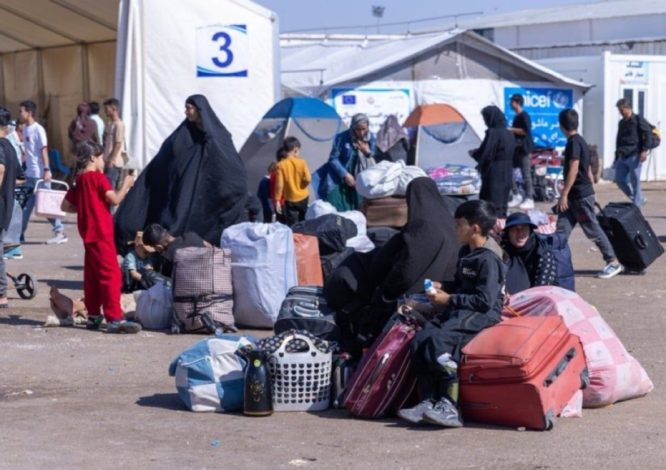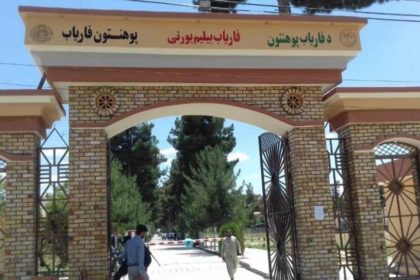RASC News Agency: The United Nations High Commissioner for Refugees (UNHCR) has issued an urgent warning that the funding dedicated to assist families of Afghanistani migrants returning from Iran and Pakistan is rapidly running out. In a statement released on Sunday, Aug 17, the agency emphasized that hundreds of thousands of returnee families are facing an uncertain and perilous future in Afghanistan. Stephane Dujarric, spokesperson for the UN Secretary-General, previously cautioned that the humanitarian needs of the returning population are escalating at an unprecedented pace due to the surge in forced repatriations. According to UN figures, more than 1.7 million Afghanistani nationals have been returned from Iran and Pakistan since the beginning of this year. The vast majority of these returnees lack enduring connections to local communities and are urgently searching for shelter, employment, and basic necessities to survive.
The UN Office for the Coordination of Humanitarian Affairs (OCHA) has also reported that, as international funding declines, the organization’s capacity to provide effective aid to Afghanistani families has become critically limited. Meanwhile, the Taliban have failed to implement any meaningful programs to support the housing or employment of returnees. Local reports reveal that in certain areas, Taliban operatives have confiscated aid provided by humanitarian organizations, preventing essential assistance from reaching the families most in need. Furthermore, local sources among the returning migrants confirm that Taliban intelligence forces stationed along border crossings and return routes are subjecting deportees to harassment and intimidation. Former military personnel, journalists, and civil society activists many of whom fled Afghanistan to escape Taliban persecution are being particularly targeted, exacerbating fear and insecurity among the population.
Humanitarian experts warn that without robust international support and in the absence of any coherent strategy from the Taliban, the current wave of migrant returns risks becoming one of the most severe humanitarian crises in the region. The combination of dwindling aid budgets, systemic mismanagement, and deliberate obstruction by the Taliban places millions of Afghanistani men, women, and children at grave risk of hunger, homelessness, and escalating insecurity. The unfolding crisis starkly exposes the Taliban’s failure to govern responsibly. Their inaction, coupled with the deliberate interference with aid distribution, reflects a regime indifferent to the suffering of its people and incapable of addressing even the most basic humanitarian needs. The international community faces mounting pressure to intervene before the consequences of this neglect escalate into a full-blown catastrophe.






